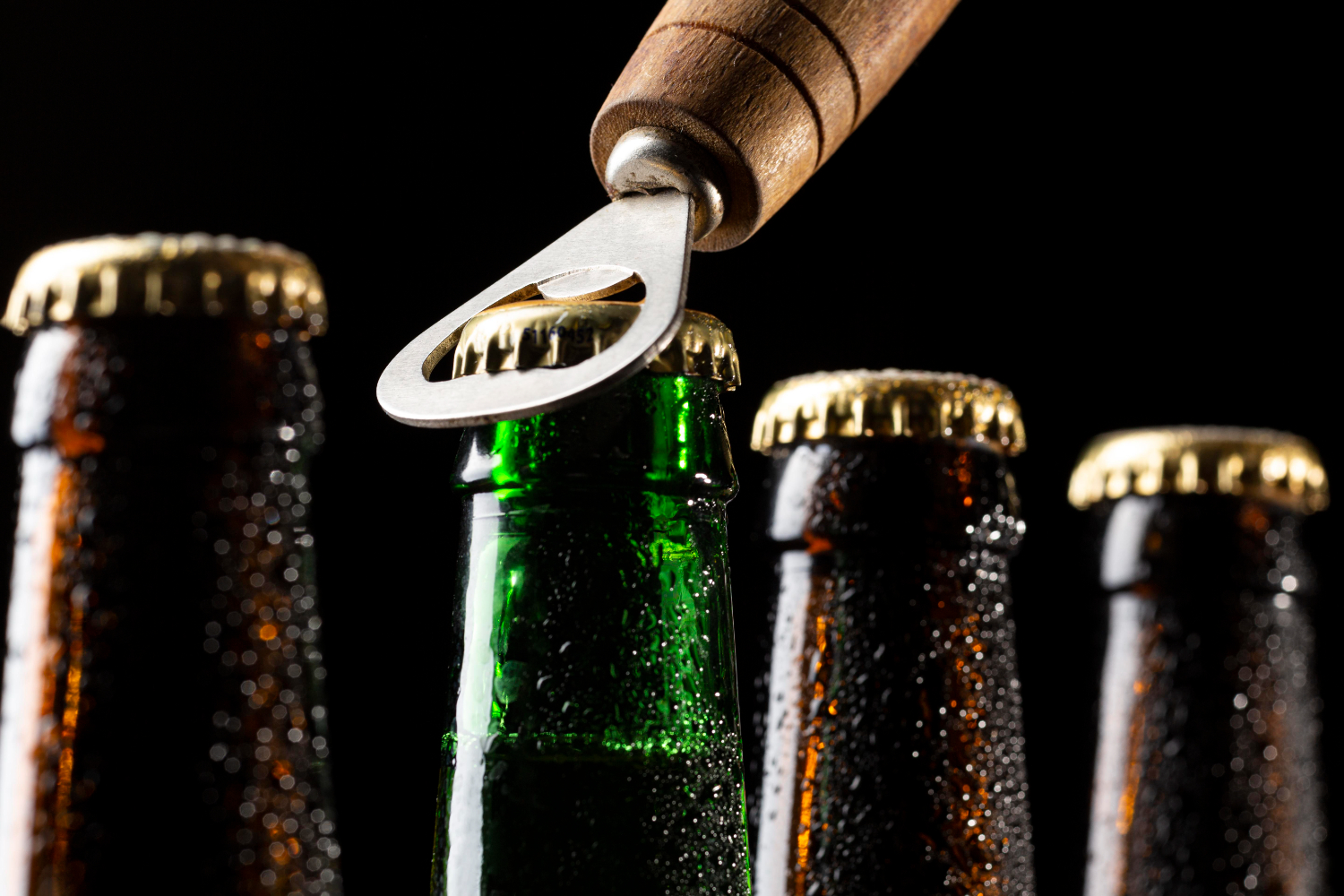Alcohol advertising has long been a controversial topic, subject to stringent regulations and public scrutiny. While these restrictions aim to protect public health and promote responsible consumption, they can also pose significant challenges for brands seeking to create impactful campaigns. That’s why it’s ideal to work with an alcohol marketing agency to navigate these waters effectively.
PR Overview
Understanding Local Laws and Regulations
One of the most critical aspects of alcohol advertising is understanding the specific laws and regulations that apply to each target market. These can vary widely, from restrictions on certain types of advertising to limitations on the target audience. Failure to comply with these regulations can result in hefty fines, reputational damage, and even legal action.
Balancing Creativity and Compliance
Crafting engaging and memorable alcohol advertising campaigns while adhering to strict regulatory standards can be a delicate balancing act. While creativity is essential for capturing attention and driving brand awareness, it must be tempered with a deep understanding of the boundaries set by local laws. This often requires a collaborative approach between marketing teams, legal counsel, and advertising agencies.
Targeting the Right Audience
Alcohol advertising frequently targets specific demographics, such as young adults or social drinkers. However, these targeting strategies can be subject to restrictions, particularly when it comes to advertising to minors or vulnerable populations. Brands must carefully consider their target audience and ensure that their advertising efforts align with ethical and legal guidelines.
In recent years, there has been a growing emphasis on the social responsibility of alcohol brands. Consumers and stakeholders are increasingly concerned about the potential negative impacts of alcohol consumption, particularly excessive drinking and underage access. As a result, brands are under pressure to create campaigns that promote responsible drinking and avoid glorifying harmful behaviors.
Stay informed about the latest alcohol advertising regulations in the target markets. Consider consulting with legal experts or advertising agencies with experience in this area.
Create a system to ensure that all advertising materials adhere to local laws. This might involve internal reviews, external audits, or the use of compliance software.
Focus on creating campaigns that promote responsible drinking and avoid glorifying excessive alcohol consumption.
Be mindful of the demographics that are being targeted with the campaigns. Avoid advertising to underage individuals or vulnerable populations.
Seek feedback from consumers, community groups, and other stakeholders to ensure that the campaigns are socially responsible.
Explore less traditional advertising channels, such as social media, content marketing, or influencer partnerships, which may offer more flexibility.
Educate the marketing team about alcohol advertising regulations and ethical considerations.
Successful Alcohol Advertising Campaigns
To illustrate these strategies in action, let’s examine a few successful alcohol advertising campaigns:
- Heineken’s “Open Your World” campaign focused on promoting cultural diversity and inclusivity, avoiding traditional stereotypes often associated with alcohol advertising.
- Stella Artois’ “Buy a Glass, Give a Glass” campaign raised awareness about water scarcity and encouraged consumers to support clean water initiatives.
- Guinness’ “St. Patrick’s Day” campaigns often celebrate Irish culture and heritage while promoting responsible drinking.
Creating an Effective Communications Plan
Creating an effective communications plan requires careful planning, strategic thinking, and a...
What Is Public Relations and Why Is PR Important?
Many people only know what PR is from Mad Men. Most have a vague understanding of what public...
Securing the Future of Embedded Finance: A Strategic Guide to Cybersecurity
Financial services now integrate seamlessly into everyday digital experiences, from ride-sharing...




